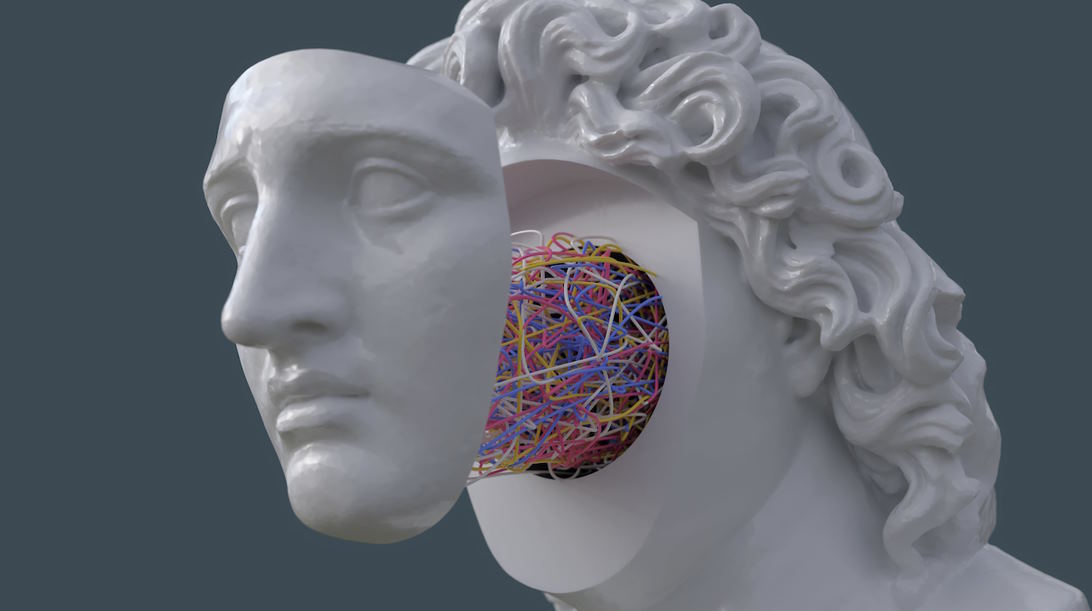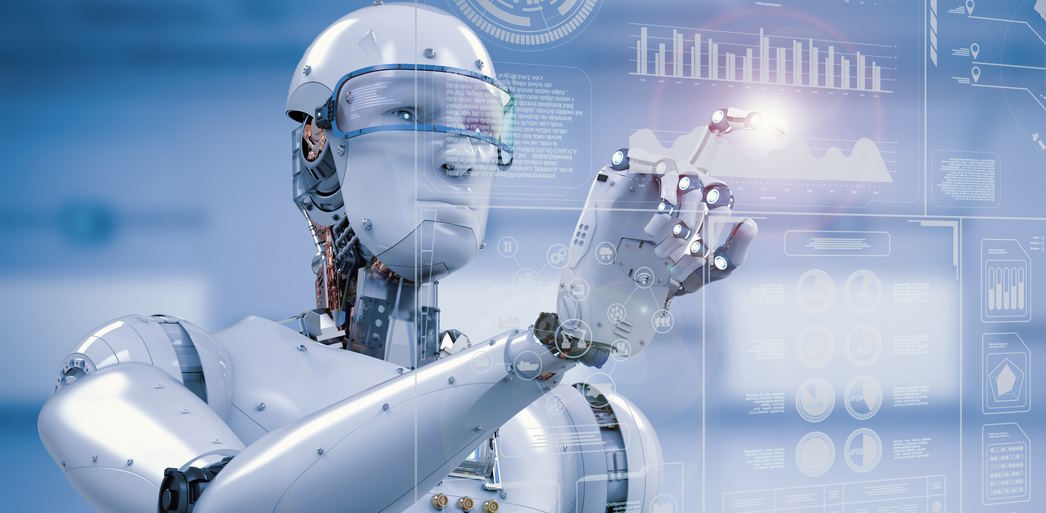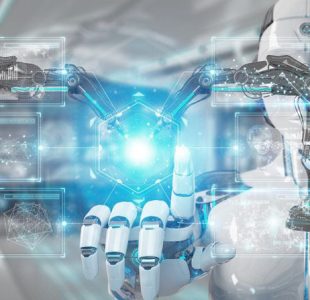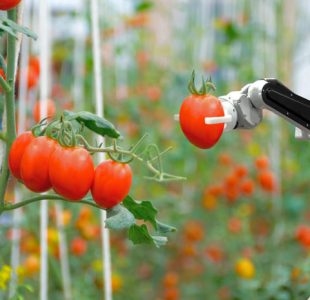The Ethics of Robotics: Perspectives from Engineers and Robotics Experts
The rapid advancement of robotics technology has brought about significant changes in various industries, from manufacturing and healthcare to transportation and entertainment. While the potential benefits of robots are undeniable, their increasing autonomy and capabilities raise ethical concerns that require careful consideration. We will delve into the ethical concerns that arise in robotics, including safety risks, societal impact, and decision-making capabilities of autonomous robots. We will also examine the viewpoints of engineers and robotics experts on responsible robot design, deployment, and the need for interdisciplinary collaboration in addressing ethical challenges. With the aim of fostering meaningful discussions on this crucial topic, we will shed light on the multifaceted ethical considerations in robotics and the perspectives of those who are at the forefront of this field.
Ethical Concerns in Robotics
The field of robotics has been rapidly evolving, bringing about significant advancements in technology and applications across industries. However, with these advancements come ethical concerns that need to be thoughtfully addressed. From safety risks and potential job displacement to privacy concerns and bias in algorithmic decision-making, the ethical implications of robotics are complex and multifaceted.

One of the primary ethical concerns in robotics is safety. As robots become more autonomous and capable of making decisions without human intervention, there are inherent risks associated with their actions. For example, autonomous vehicles could pose safety risks on the roads if their decision-making capabilities are not robust enough to handle complex scenarios. Ensuring the safety of robots and their interactions with humans is crucial to prevent harm and protect human well-being.
Another ethical concern is the potential job displacement caused by the increasing adoption of robots in various industries. As robots become more capable of performing tasks that were traditionally done by humans, there are concerns about the impact on employment and livelihoods. This raises questions about the ethical responsibility of deploying robots in a way that considers the potential impact on workers and the need for retraining and reemployment opportunities.
Privacy concerns are also significant in the realm of robotics. Robots are capable of capturing and processing vast amounts of data, including personal and sensitive information. This raises questions about the ethical use of data collected by robots, the protection of privacy rights, and the potential for misuse or abuse of such data. Ensuring that robots are designed and deployed in a way that respects privacy and data protection is essential to safeguarding individuals’ rights and privacy.
Bias in algorithmic decision-making is another ethical concern in robotics. As robots rely on artificial intelligence and machine learning algorithms to make decisions, there is a risk of perpetuating biases present in the data used to train these algorithms. This can result in unfair treatment, discrimination, and exacerbation of existing inequalities. Ethical considerations need to be taken into account in the design and deployment of robotic systems to mitigate bias and ensure fairness in decision-making processes.
Furthermore, robotics also have an impact on social norms. Human-robot relationships raise questions about the boundaries of interactions and the ethical implications of emotional connections and attachment to robots. Rights and responsibilities of robots, such as legal and moral accountability, pose ethical challenges that require careful deliberation. Additionally, the potential for inequality arises from the differential access and use of robotic technology, which can exacerbate existing social disparities.

Perspectives from Engineers
Engineers play a critical role in the development and deployment of robots, and their perspectives on ethical considerations are invaluable. As professionals at the forefront of robotics technology, engineers bring unique insights into the ethical dimensions of robot design, development, and deployment.
Engineers understand that ethical considerations should be an integral part of robot design and development. They recognize the need to prioritize safety and ensure that robots are designed with robust safeguards to prevent harm. This includes considerations such as fail-safe mechanisms, redundant sensors, and appropriate human-machine interfaces to prevent accidents and injuries.
Engineers also acknowledge the ethical responsibility of ensuring the ethical use of robots. They understand the need to adhere to ethical guidelines and standards in the development and deployment of robots, including considerations such as privacy protection, fairness in decision-making, and minimizing biases in algorithms. They strive to create robotic systems that are transparent, accountable, and respectful of human rights.
However, engineers also face challenges in navigating ethical concerns in robotics. Conflicting interests, such as the pressures of meeting deadlines or financial constraints, may sometimes compromise ethical decision-making. Technological limitations, such as imperfect sensors or imperfect algorithms, may pose challenges in ensuring the accuracy and fairness of robot actions. Regulatory constraints, such as evolving laws and regulations in the field of robotics, may also impact engineers’ ability to address ethical concerns effectively.
Despite these challenges, engineers play a crucial role in advocating for the ethical use of robots. They engage in ongoing discussions with other stakeholders, such as ethicists, policymakers, and end-users, to understand and address ethical concerns in robotics. They actively participate in the development of ethical guidelines and standards for robotics technology, ensuring that ethical considerations are at the forefront of the field’s advancement.







